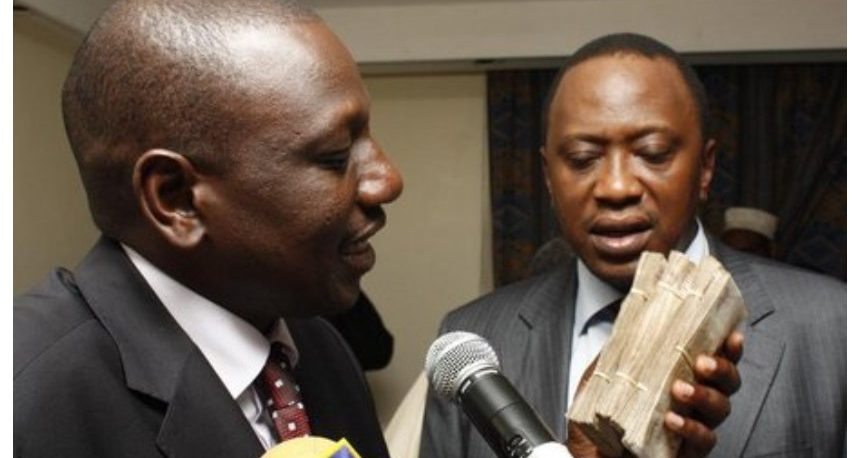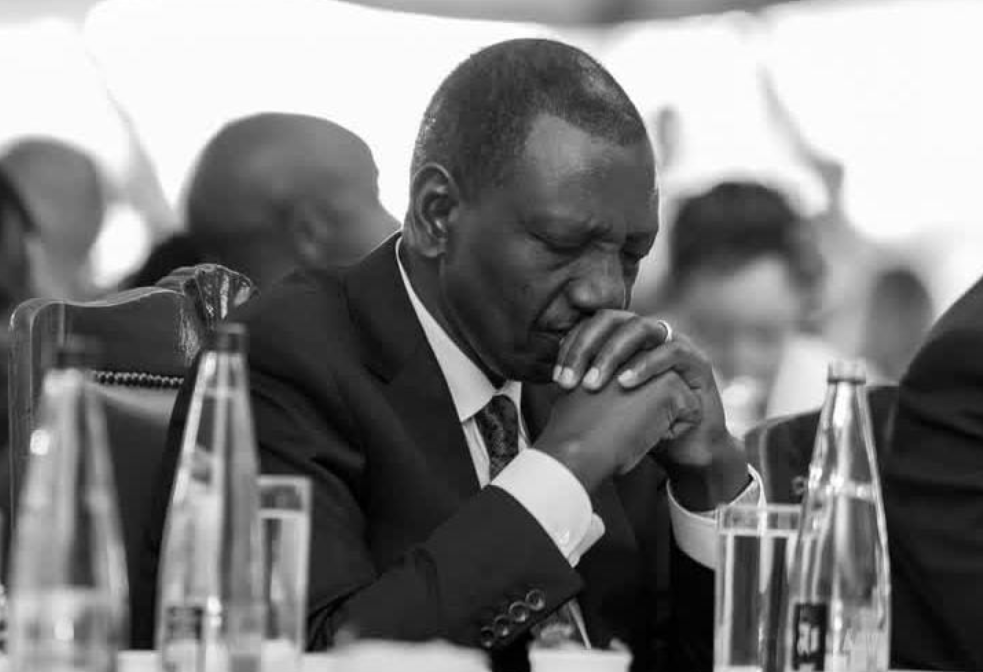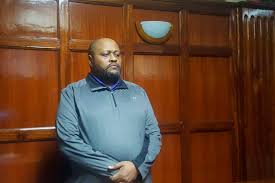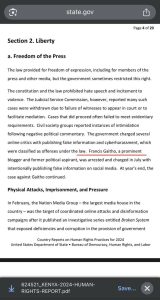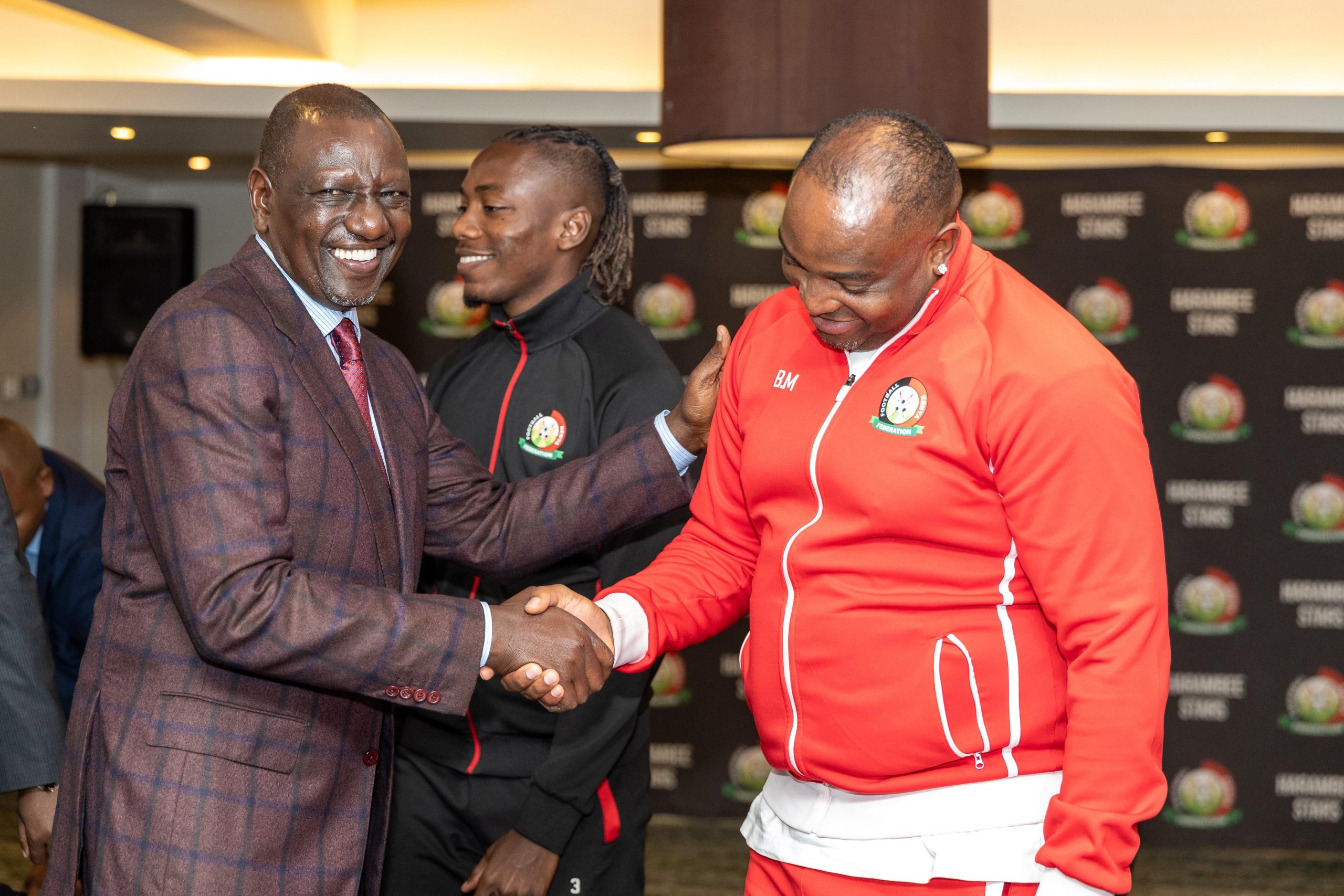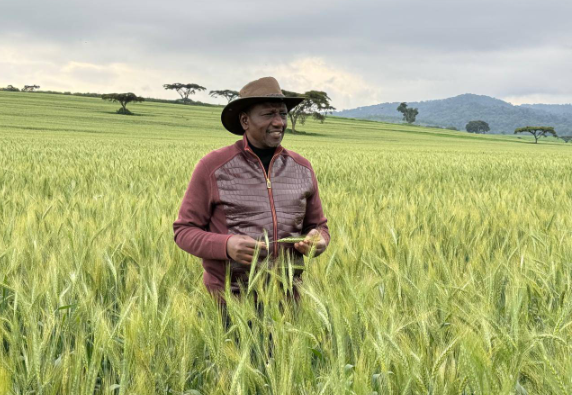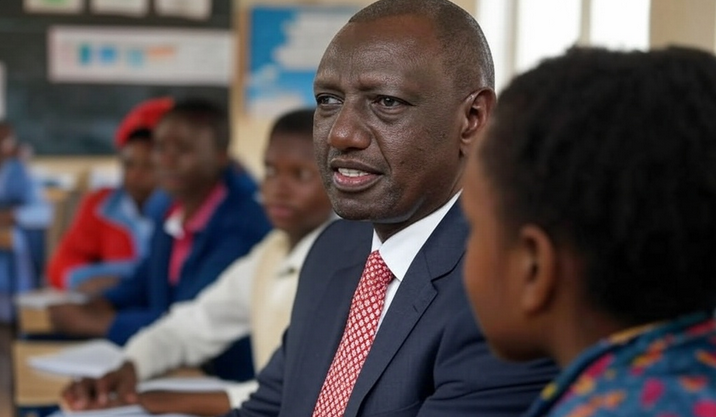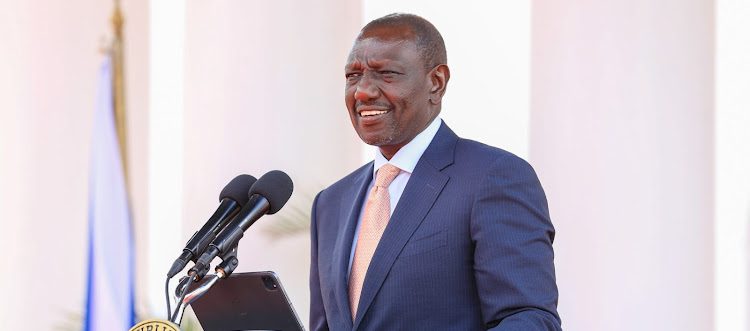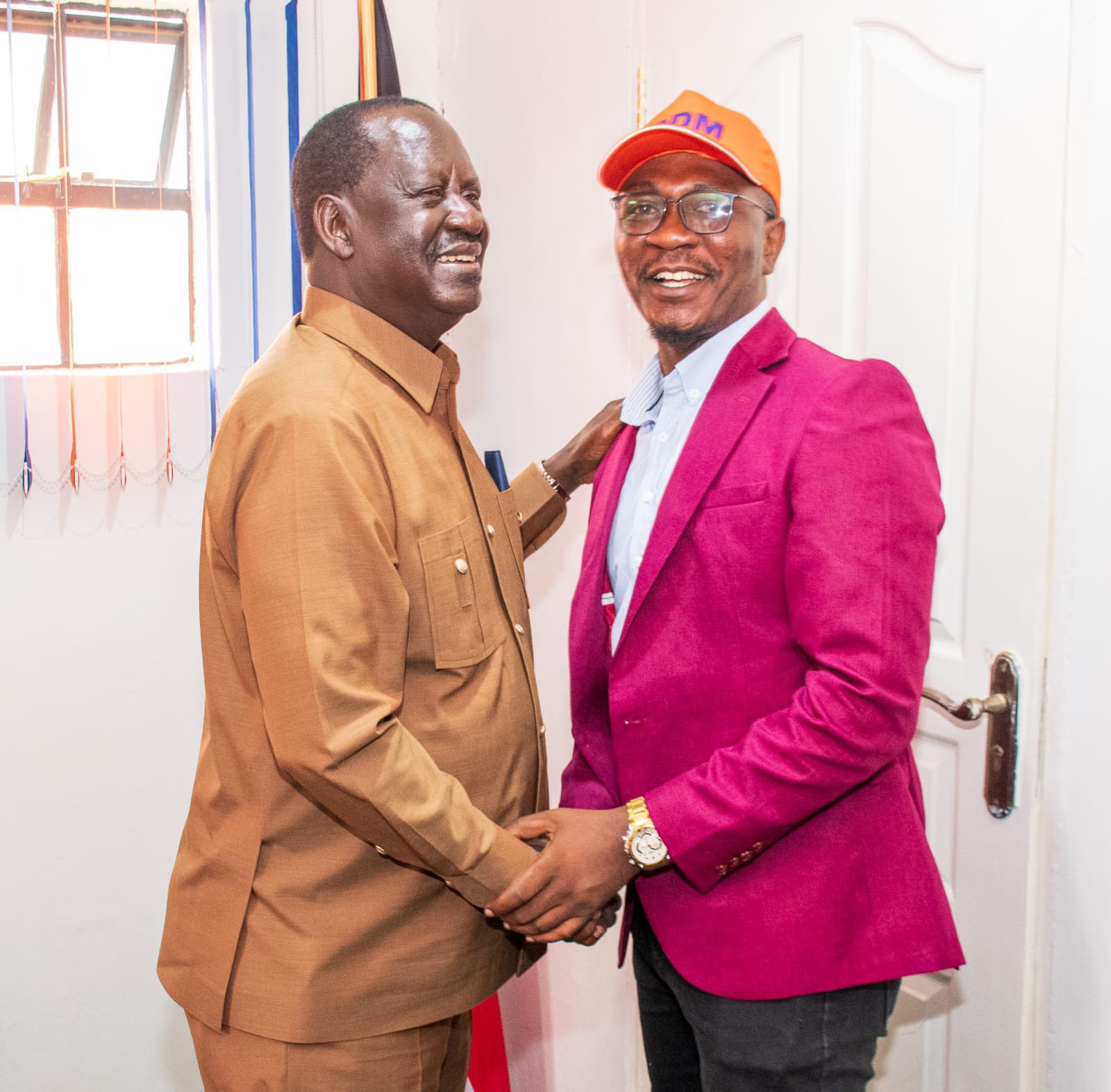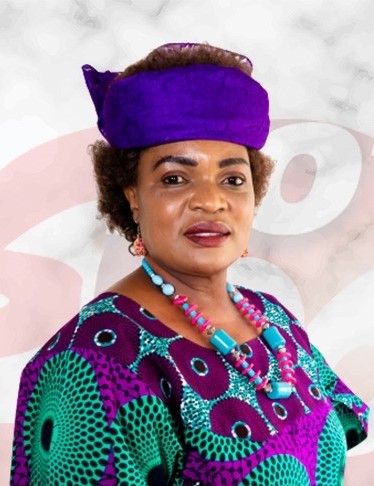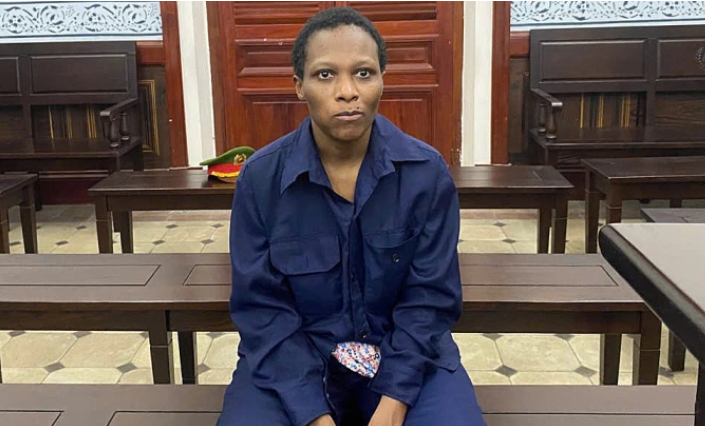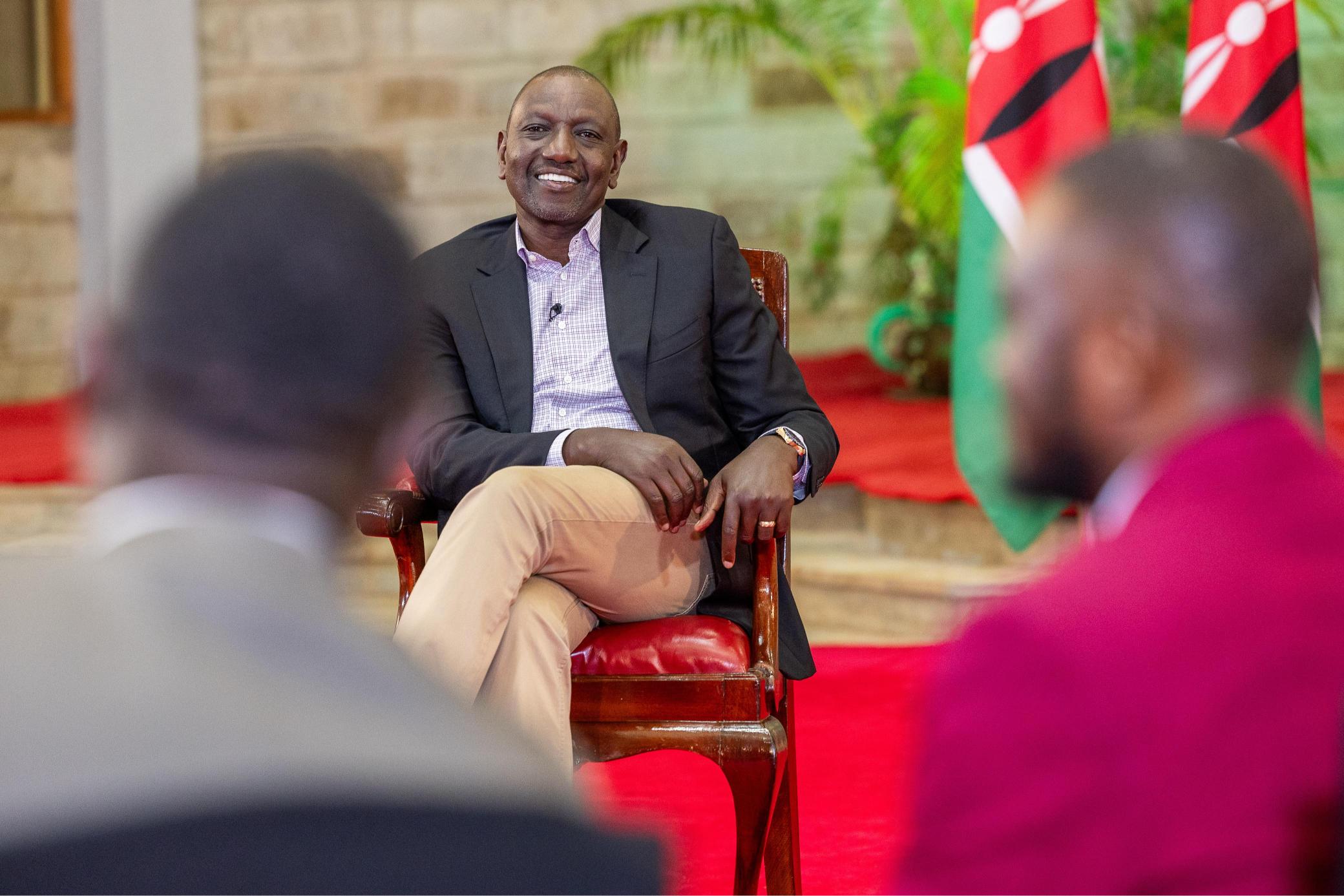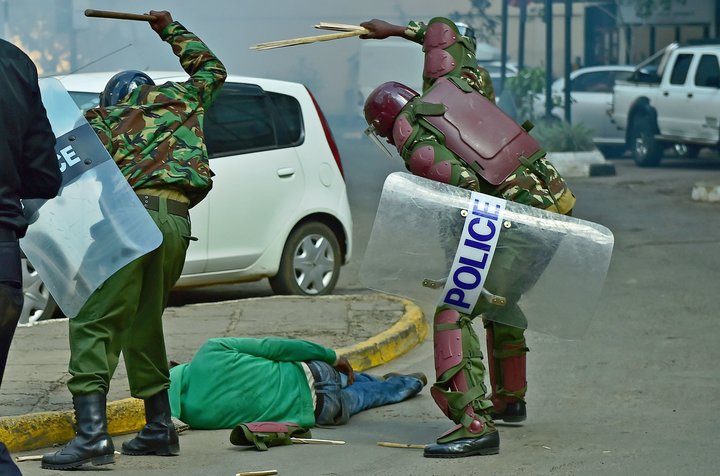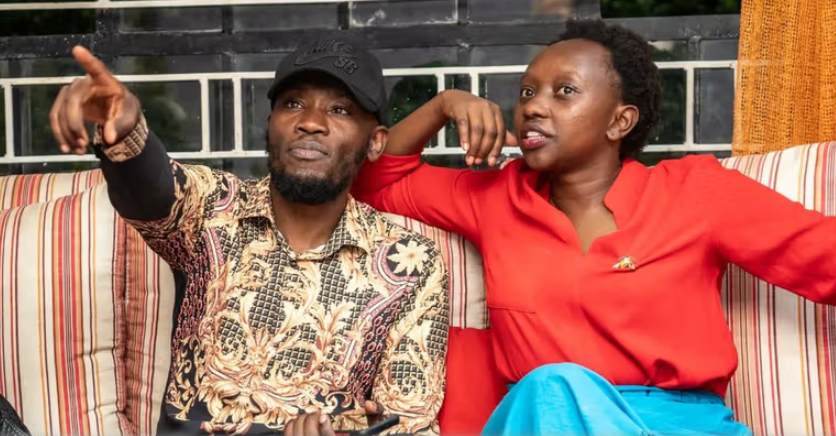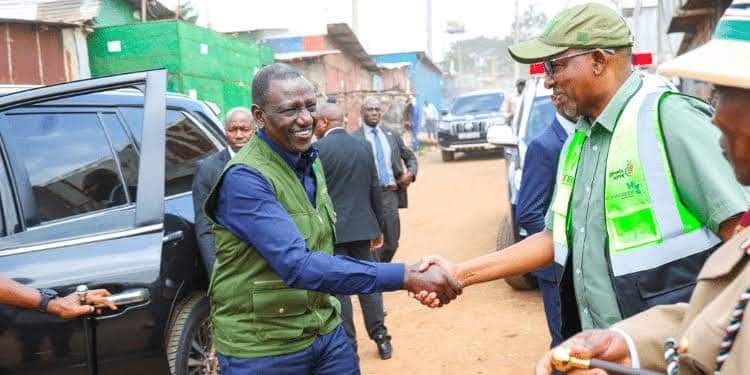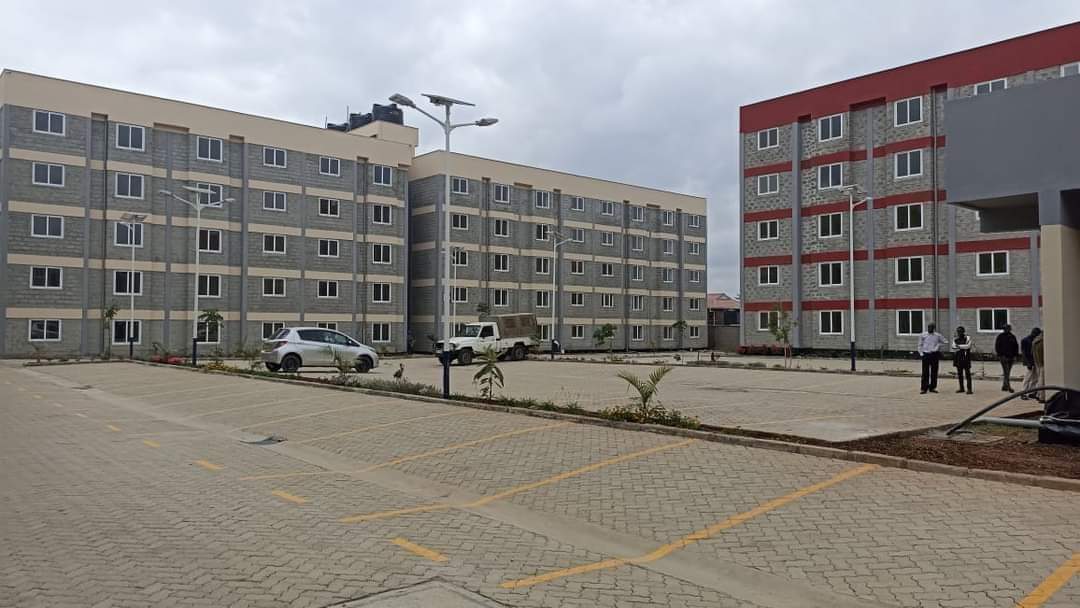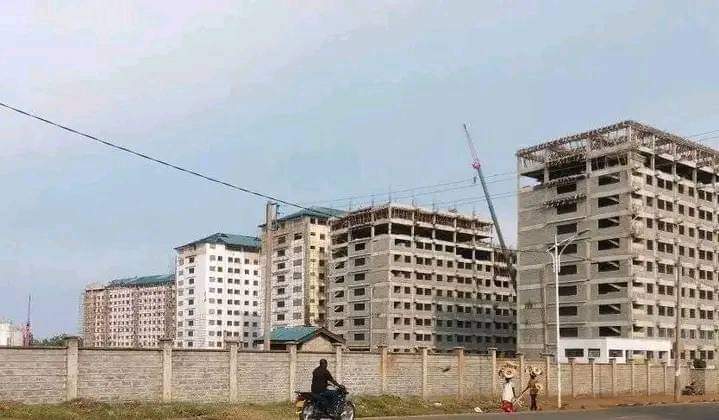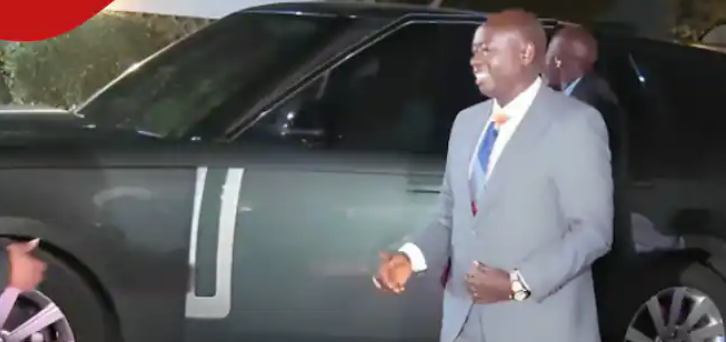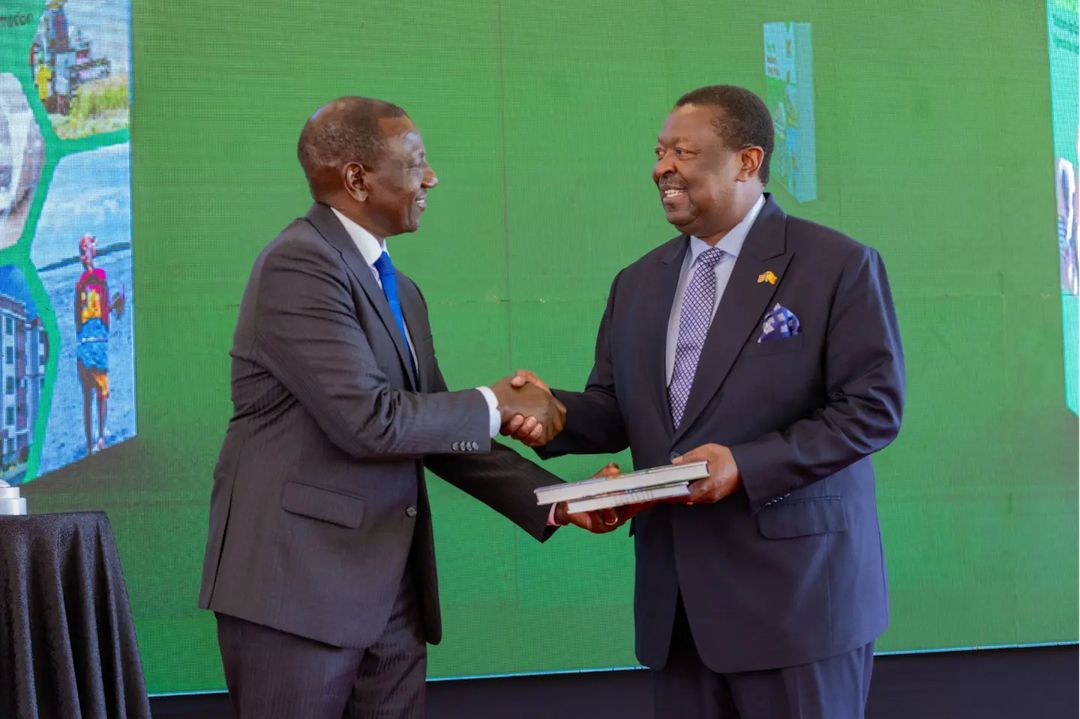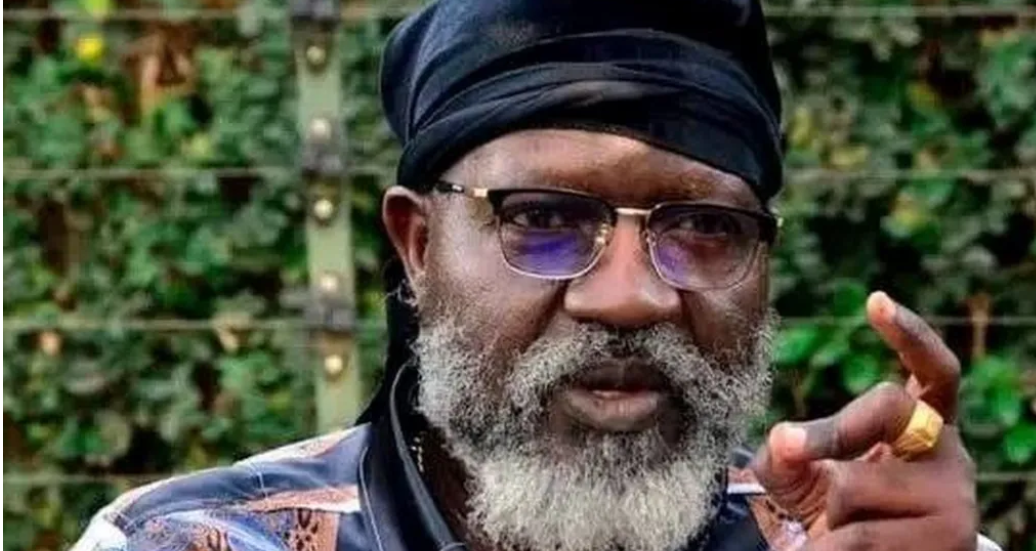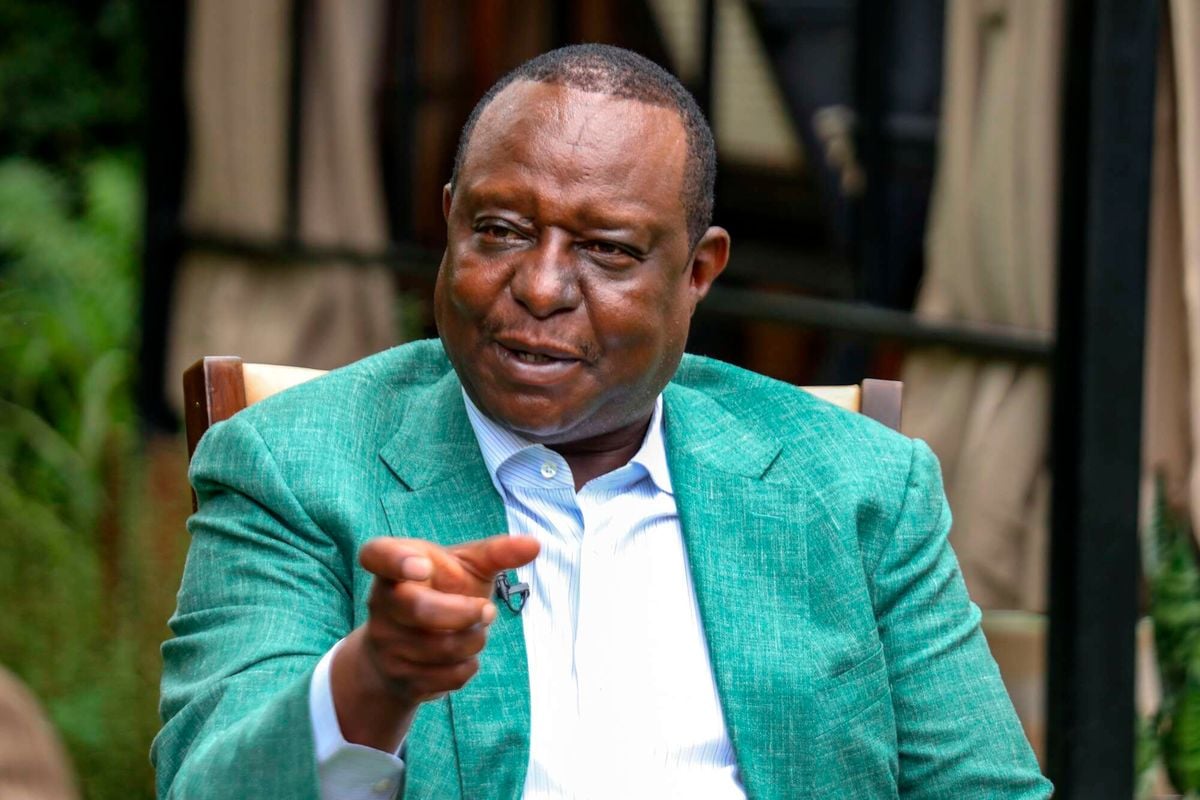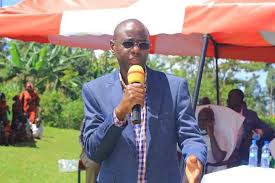President William Ruto has unveiled the ambitious financial blueprint required to elevate Kenya from a developing to a first-world nation, estimating that the country needs approximately KSh 4 trillion to achieve the transformation.
Speaking on Sunday, November 2, 2025, at the African Divine Church in Gamalenga, Vihiga County, President Ruto outlined a comprehensive development strategy anchored on infrastructure, energy, and agriculture.
He expressed strong optimism that Kenya possesses the vision, talent, and determination to accomplish this goal within the lifetime of the current generation.
“We have the greatest potential as a nation. Our being a third-world country is a mistake. We have what it takes — the men and women, the plans and the vision — to change this country from a third-world country to a first-world country,” Ruto declared.
Breaking Down the KSh 4 Trillion Plan
The President explained that the KSh 4 trillion target will be invested across three key sectors critical to Kenya’s growth:
-
Infrastructure Development (KSh 1.5 trillion): Funds will go toward expanding the national road network, modernizing rail transport, and upgrading airports to enhance domestic and international connectivity.
-
Energy Generation and Supply (KSh 1.5 trillion): The investment will support reliable and affordable electricity for industries and households, a crucial step toward industrialization.
-
Agriculture (KSh 1.5 trillion): A core pillar of the plan, agriculture will receive funding to bring an additional two million acres under irrigation, aiming to make Kenya a net food exporter.
Ruto emphasized that this level of investment will not only reduce Kenya’s dependence on imports but also stimulate productivity and job creation nationwide.
“We need possibly 1.5 trillion shillings for roads, rail, and airports; another 1.5 trillion for energy; and another 1.5 trillion for agriculture,” he said.
“We Need Intelligence, Not Higher Taxes”
Addressing concerns about how the government intends to raise the colossal amount, President Ruto reassured Kenyans that the transformation does not require new taxes.
Instead, he said the focus should be on innovation, efficiency, and strategic partnerships.
“Moving this country forward doesn’t require higher taxation — it requires intelligence and planning. Akili inahitajika,” he stated.
Citing the economic success stories of South Korea, Singapore, and Malaysia, Ruto expressed confidence that Kenya could replicate similar progress within 20 to 30 years through deliberate planning and disciplined execution.
“In the next 20 to 30 years, we can move this country to a first-world nation. I am urging leaders to prepare because this country cannot remain poor forever,” he said.
The President concluded by announcing that proposals detailing the national economic roadmap will soon be presented to Parliament, setting the stage for what he described as “Kenya’s most transformative economic journey yet.”

